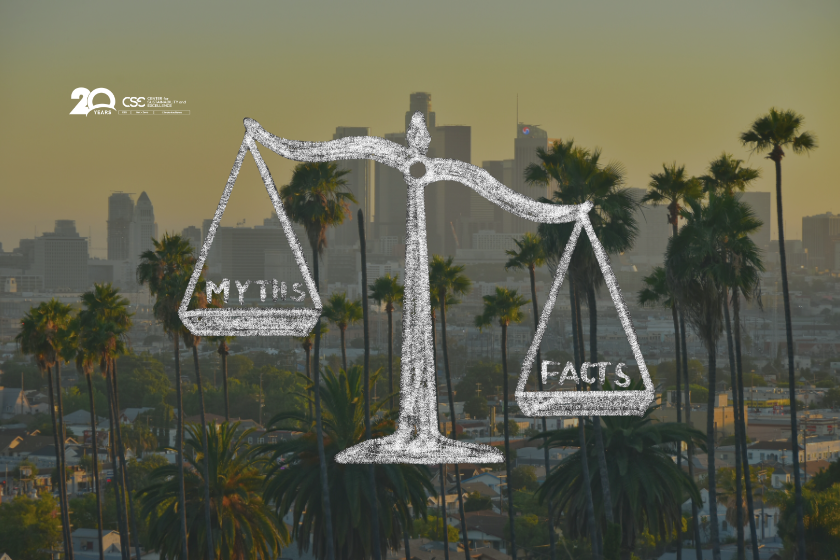California’s Climate Accountability Package (CAP)—made up of SB 253 (the Corporate Data Accountability Act) and SB 261 (the Climate-Related Financial Risk Act)—marks the first-of-its-kind climate disclosure mandate in the U.S. Despite its bold scope, several myths have sprung up around the rule. As a sustainability professional, it’s vital to know what’s real and what’s not.
Myth 1: “This only applies to California-based companies.”
Reality: Not true. The rule applies to any company doing business in California, regardless of headquarters, if they meet the revenue thresholds (over $1 billion for emissions reporting and $500 million for climate-risk disclosure).
As The Guardian explains, the law affects thousands of companies, including global firms like Amazon and Chevron, because of their large California footprint. This echoes California’s long history of influencing business standards far beyond its borders.
Myth 2: “It’s just about carbon emissions.”
Reality: The rule is broader than just carbon. SB 253 requires disclosure of Scope 1, 2, and 3 emissions, including indirect and supply chain emissions, which often make up 90% of a company’s footprint.
Meanwhile, SB 261 mandates climate-related financial risk disclosure, aligned with the global TCFD standards. That means companies must show how wildfires, droughts, or flooding could impact supply chains, operations, or profitability.
As Reuters highlights, California’s package is one of the most sweeping corporate disclosure laws ever passed in the U.S., setting expectations far beyond emissions alone.
Myth 3: “Since it’s a state law, it doesn’t matter federally.”
Reality: California has a long history of setting de facto national standards—from auto emissions to renewable energy. This climate package is no different.
Even though the SEC’s climate disclosure rule remains in flux, experts believe California’s stricter requirements will influence federal standards and could become a template for other states.
Importantly, California’s law covers both private and public companies, and uniquely requires Scope 3 emissions—something the SEC has hesitated to mandate Corporate Compliance Insights. This positions California as a climate disclosure pioneer that could drive national and international harmonization.
What This Means for Sustainability Professionals
-
Scope: Even if you’re headquartered in another state—or another country—if your company does significant business in California, you must comply.
-
Depth: Reporting extends beyond carbon emissions to include climate-related financial risks.
-
Strategy: Firms that move early will gain investor trust and avoid last-minute compliance chaos.
👉 Want to build the expertise to navigate regulations like California’s? Explore the Certified Sustainability Practitioner Program – Advanced Edition, designed to equip professionals with the skills to lead in ESG reporting and strategy.







